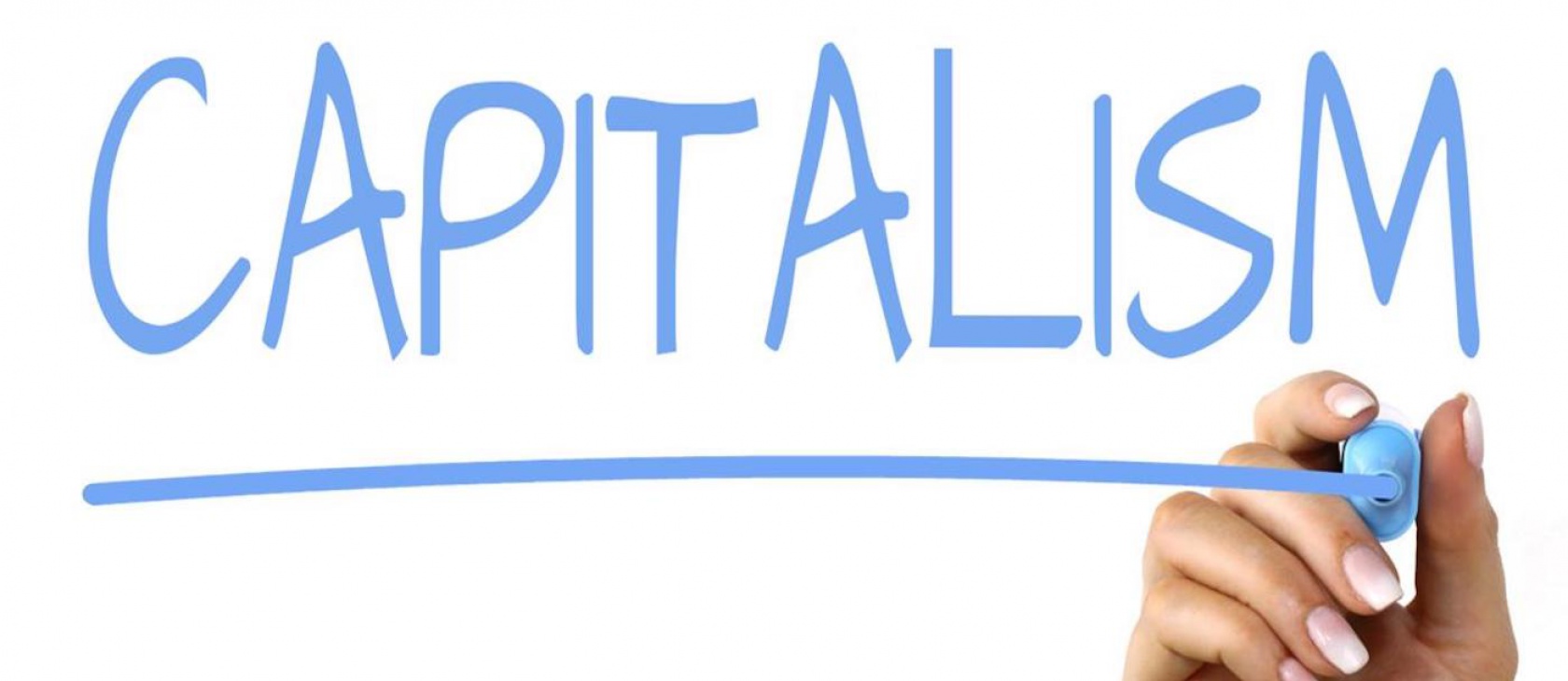Socialism, it seems, is back. But maybe the real question we should be asking is how far the United States has embraced various features of what might be called social democracy over the past 100 years.
This is one of the points underscored in a well-written paper by the Heritage Foundation’s David Burton, entitled “Comparing Free Enterprise with Socialism” (April 30, 2019). Among other things, Burton also manages to:
- bring clarity to the free markets versus socialism debate by carefully defining what these terms mean;
- outline the evidence for the economic and moral failures of socialism, whether of the command economy or European social democratic variety; and
- refute a number of myths about the type of economic systems that exist in Nordic countries, showing that they are far less socialist than we realize and that they have in fact abandoned much of the social democratic model that flourished after World War II until the 1980s.
Burton also brings attention, however, to just how much America has already absorbed of the social democratic variety of socialism. This is something that has not received anywhere near as much attention as it should in the context of our present debates about political economy. In one paragraph, for example, Burton notes:
Government expenditures amount to 33.6 per-cent of the gross domestic product (GDP) in the U.S. today. That understates government’s burden on the private economy because government itself is included as part of the GDP at cost and because GDP does not account for the depreciation of capital or capital consumption. Government regulations control or influence virtually all business decisions. Electric, gas, and water utilities, the health care sector, and banking are so heavily regulated that they are not privately controlled enterprises in the conventional sense.
All this underscores that it is in fact a myth to describe America as a model of twenty-first century capitalism. Yes, the United States is far more inclined to free markets than, say, France, Spain, or Scotland. But that doesn’t mean that America is somehow a much larger version of Hong Kong.
Contributions like Burton’s paper matter because one of the myths being pushed by not just socialists but even many conservatives is that America’s economy is somehow characterized by radically free market positions. It’s simply not.
(Photo credit: Nick Youngson. This photo has been cropped. CC BY-SA 3.0.)




